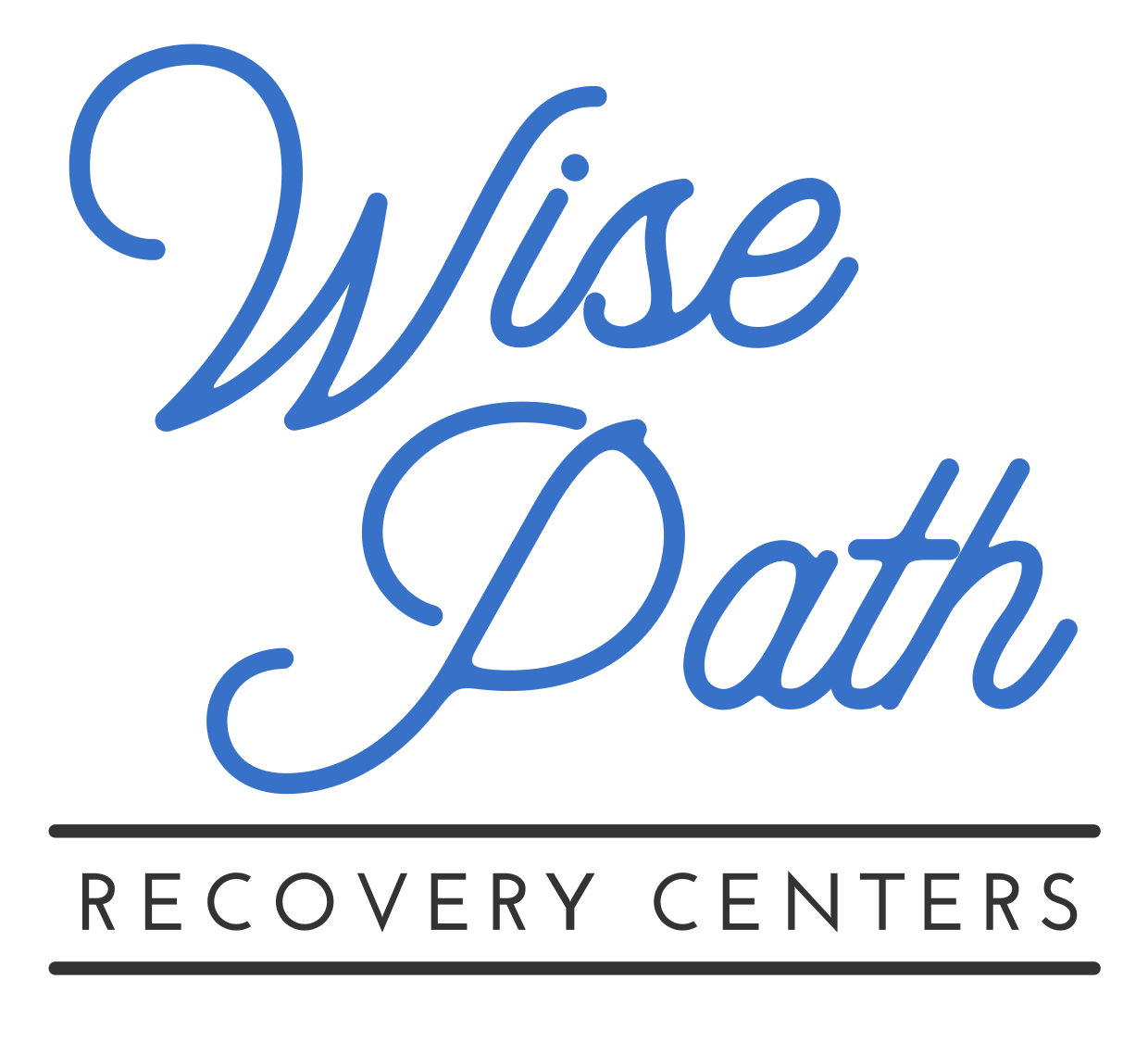In rural communities across the country, people are carrying deep emotional wounds that often go unseen. Trauma can come from many places such as childhood experiences, violence, loss, natural disasters, or the quiet stress of chronic hardship. When left unprocessed, that pain often finds a way to resurface, and for many, substance use becomes the method of escape.
This is where trauma and addiction begin to intersect. And in places where resources are limited and stigma runs deep, healing can feel far away. But understanding the link between post-traumatic stress and substance use is the first step toward recovery that lasts.
What Trauma and Addiction Look Like in Rural Areas
In small towns and rural regions, trauma is often woven into the fabric of daily life. Farming accidents, military service, poverty, and family dysfunction leave lasting scars. These experiences may never be named as trauma, but their effects show up in anxiety, emotional numbness, flashbacks, or chronic fear.
Because formal mental health support is not always nearby, many people turn to alcohol, opioids, or meth to get through the day. Over time, trauma and addiction feed off each other, making both conditions harder to treat.
When someone is dealing with PTSD and substance use at the same time, they need care that addresses the full picture. Learn more about PTS treatment in West Virginia and how Wise Path supports people navigating this complex journey.
Why Trauma Often Leads to Substance Use
Trauma changes the brain. It alters how people perceive danger, respond to stress, and connect with others. For someone who is constantly on edge or trying to block painful memories, substances can feel like a lifeline.
They may drink to sleep, use drugs to stop flashbacks, or stay high to avoid panic. What starts as a coping mechanism quickly becomes a dependency. And because trauma is still active underneath, even the best intentions to quit can be derailed without support that targets both issues.
This is why trauma and addiction are so closely linked, especially in communities where emotional pain is carried quietly and help can be hard to access.

The Challenge of Getting Help in Rural Communities
Access to care is a major barrier. In many rural areas, there are few therapists and even fewer addiction specialists. It may take months to get an appointment, and transportation can be a challenge. On top of that, people often worry about privacy and judgment in tight-knit towns.
But stigma is not the only challenge. Some people do not even realize they are living with PTSD. They just know they feel tense, disconnected, or stuck. And by the time substance use is recognized as a problem, the trauma may still be unaddressed.
At Wise Path, we offer support that meets people where they are. Whether someone needs residential care or flexible outpatient treatment, our programs are designed to treat the whole person. You can see the full range of mental health facilities in West Virginia that we provide.
What Recovery from Trauma and Addiction Looks Like
Recovery does not mean forgetting what happened. It means learning how to live with the memories and the emotions in a way that no longer controls you.
Trauma and addiction can both be treated through evidence-based approaches like trauma-informed therapy, medication when needed, group support, and relapse prevention tools. For many, healing also includes reconnecting with others, rebuilding trust, and finding new ways to feel safe in their own bodies.
Recovery is not about perfection. It is about consistency, courage, and the willingness to start again.
Drug & Alcohol Rehab and
Addiction Treatment in West Virginia
Get in touch with our recovery center today at 866-860-9772
How Wise Path Recovery Supports Trauma and Addiction
At Wise Path Recovery Centers, we understand how trauma and addiction often show up together. That is why our programs are built around integrated care that helps people move forward with dignity and support.
We provide personalized treatment plans, experienced clinicians, and a safe environment to explore what healing can look like—whether that means detox, therapy, family involvement, or long-term recovery planning. We know it is not easy, but we also know that recovery is possible.
FAQs About Trauma and Addiction
How do I know if I have trauma, addiction, or both?
You do not need to figure that out alone. If you are using substances to manage pain, sleep, fear, or memories, both may be involved. A professional can help you sort through what is really going on.
Can dual diagnosis treatment help with trauma?
Yes. Trauma is often part of the picture and can be a major driver of substance use. Good dual diagnosis care includes trauma-informed therapy.
Can trauma cause addiction even years after the event?
Yes. Some people begin using right after trauma, while others manage for years before symptoms build up. There is no timeline for when trauma may surface.
Is rural PTSD different from urban PTSD?
The core symptoms are similar, but rural trauma may be shaped by cultural silence, isolation, or limited resources. These differences matter when designing treatment.
Does treatment always involve revisiting traumatic memories?
Not always. Some therapies help people build safety and coping skills first. You do not need to relive your trauma to begin healing.
What if someone I care about refuses help?
That is common. Keep offering support, avoid shame, and connect with professionals who can guide you in having conversations that might open a door over time.

